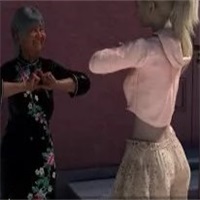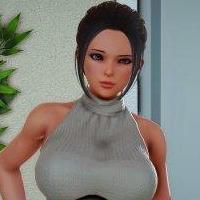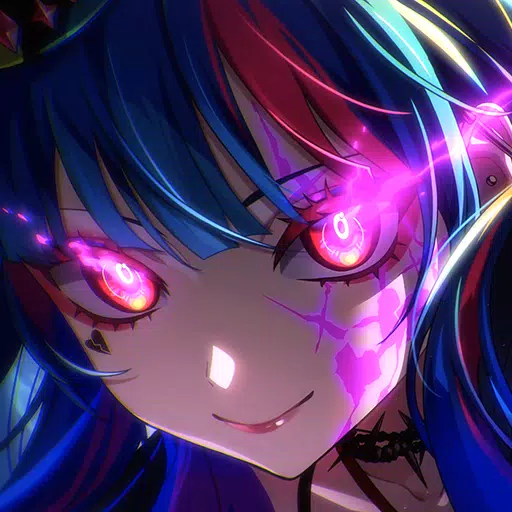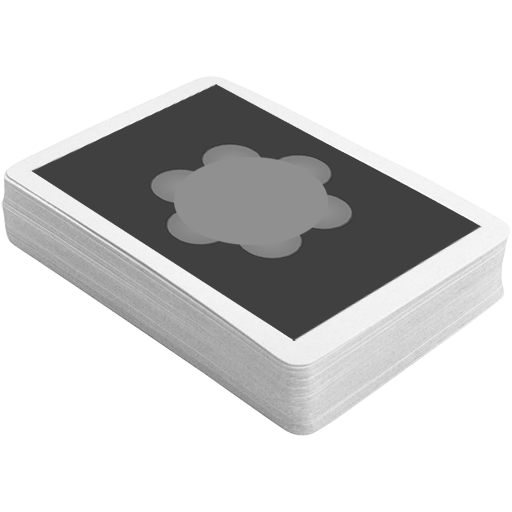Japanese video game companies have experienced significant stock market declines following new tariffs imposed by U.S. President Donald Trump.
The White House announced targeted retaliatory tariffs on approximately 60 countries deemed the "worst offenders," effective April 9. Japan faces a customized tariff rate of 24%.
Administration officials claim these nations impose higher tariffs on U.S. exports, maintain restrictive non-tariff trade barriers, or engage in practices undermining American economic interests.
Tariffs function as import taxes, and while businesses may absorb these costs temporarily, they typically lead to higher consumer prices. This could particularly affect gaming hardware and software markets.
Asian markets reacted sharply: Japan's Nikkei 225 dropped 7.8%, Australia's ASX 200 fell 4.2%, South Korea's Kospi declined 5.6%, while China's Shanghai Composite lost 7.3% and Taiwan's index plunged 9.7%. Hong Kong's Hang Seng plummeted 12.5% during afternoon trading.
Kantan Games CEO Dr. Serkan Toto documented Japanese gaming stocks' performance at market open on April 7: Nintendo (-7.35%), Sony (-10.16%), Capcom (-7.13%), and Sega (-6.57%).
Japanese game stocks at Monday 10am local time:
— Dr. Serkan Toto (@serkantoto) April 7, 2025
Nintendo -7.35%
Sony -10.16%
Bandai Namco -7.03%
Konami -3.93%
Sega -6.57%
Koei Tecmo -5.83%
Capcom -7.13%
Square Enix -5.23%
Mobile publishers saw steeper declines.
Nintendo recently postponed U.S. pre-orders for its Switch 2 console, citing tariff-related market uncertainties. While global pre-orders begin April 9 as scheduled, American orders were delayed despite maintaining the June 5 release date.
The Switch 2 launches at $449.99, with a Mario Kart World bundle priced at $499.99. The standalone Mario Kart World retails for $79.99.
Nintendo Switch 2 Package Contents:
Switch 2 console
Joy-Con 2 controllers (Left + Right)
Joy-Con 2 Grip
Controller straps
Switch 2 Dock
Ultra High-Speed HDMI Cable
AC Adapter
USB-C Charging Cable
Niko Partners analyst Daniel Ahmad cautioned that Nintendo's production shift to Vietnam—originally intended to circumvent Chinese tariffs—now faces new challenges from unexpected Vietnamese tariffs.
"While Vietnam offered tariff relief from China policies, these new reciprocal tariffs necessitate global price reconsiderations," Ahmad noted. "The higher-than-anticipated rates could significantly impact Nintendo if fully implemented."
Industry observers worry Nintendo may further increase Switch 2 pricing beyond initial backlash, compounding existing consumer concerns about the console's value proposition.
Sony also faces pricing pressures for its PlayStation consoles, including the premium $700 PS5 Pro. IGN has reached out regarding potential U.S. price adjustments.
Economic analysts now predict higher recession risks: Goldman Sachs increased its U.S. recession probability forecast from 35% to 45%, while JPMorgan estimates a 60% chance of global economic downturn.
The BBC reports Trump defending the tariffs as necessary economic medicine: "Sometimes treatment requires short-term discomfort."
For additional coverage, see complete Switch 2 Nintendo Direct announcements and expert analyses of the console's pricing strategy.















